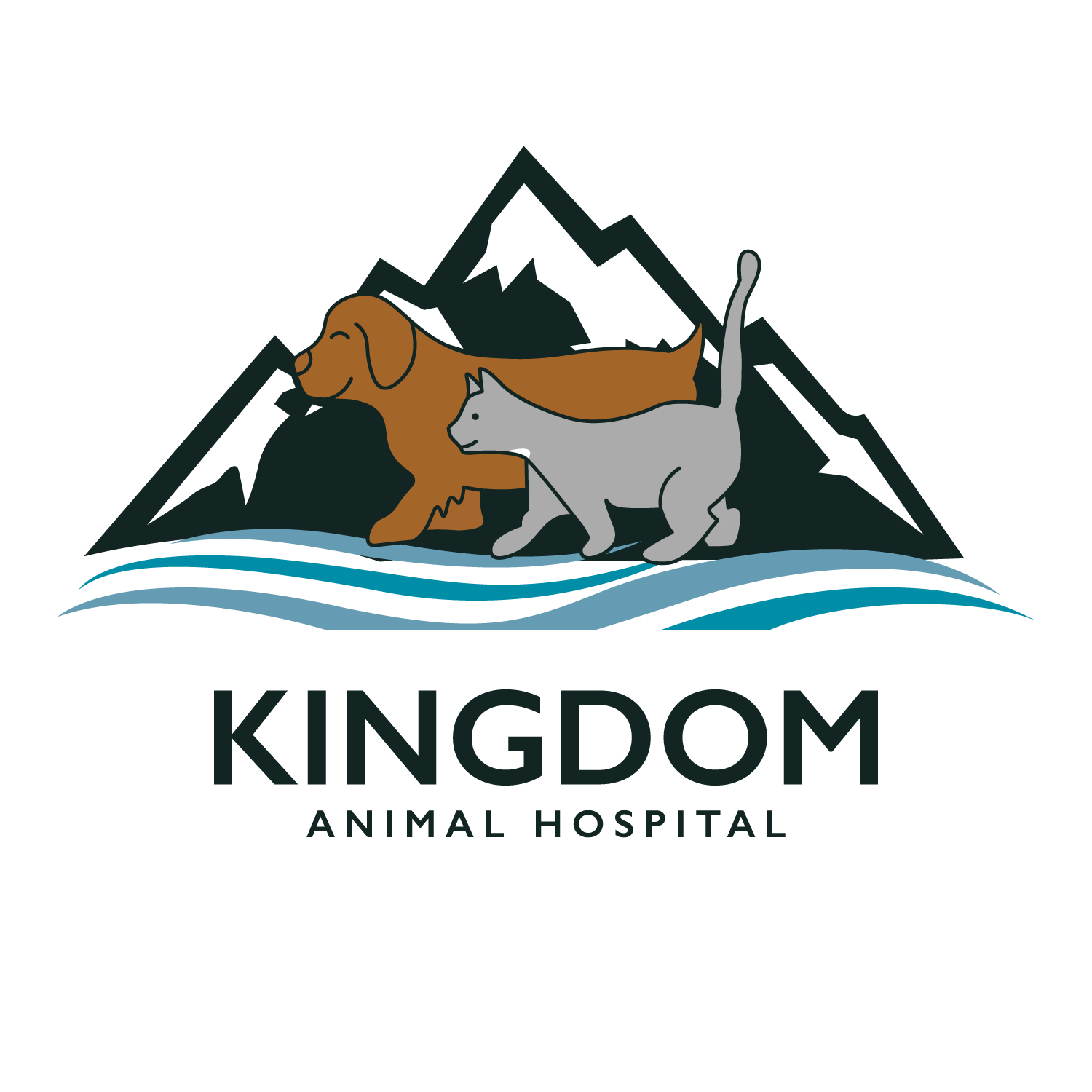Pet-Proof Your Home: A Guide to Common Household Toxins for Pets
Although we pet owners take great care to keep our furry friends safe, everyday household objects can seriously endanger the health of our cherished animals. Pets are inherently curious animals, which can occasionally get them into problems, particularly when they swallow potentially harmful items. In this blog, we’ll discuss some of the most typical poisons pets can consume, giving you the information you need to avoid unintentional poisonings.
Human Medications: One of the leading causes of pet poisoning is ingesting human medications. Dogs in particular are prone to chewing on medication bottles and ingesting tablets that have fallen to the ground. Particularly dangerous drugs include blood pressure pills, antidepressants, and painkillers. Make sure your pet cannot get to your drugs, and never give them any without first talking to your veterinarian.
Toxic Foods: Several foods that are safe for humans can be dangerous for pets. Chocolate, grapes, raisins, onions, garlic, and xylitol (a sweetener found in sugar-free products) can all cause serious health issues in animals. Ensure these foods are stored securely away from curious noses, and never feed them to your pets.
Household Cleaners: Cleaning products often contain chemicals that are harmful to pets. If ingested or even inhaled, these substances can cause gastrointestinal upset, respiratory distress, and more. Always use these products with caution and store them in a secure location. Consider using pet-safe cleaners as an alternative.
Rodenticides and Insecticides: Rodent and insect poisons are designed to kill and can be just as lethal to our pets. Exposure to these toxins can result in severe symptoms and even death. Use these products with extreme caution and explore pet-friendly pest control options.
Plants: Many common houseplants and garden plants are toxic to pets. Lilies, sago palms, and azaleas are just a few examples. Research the plants in your home and garden to ensure they are safe for your pets. If you’re unsure, err on the side of caution and keep potentially dangerous plants out of reach or avoid them altogether.
Antifreeze: Pets may be drawn to ethylene glycol due to its pleasant taste, which is frequently present in antifreeze. Particularly in cats, even a small amount can quickly result in renal failure and death. Antifreeze should always be cleaned up right away after spills and kept out of reach of pets in properly sealed containers.
Alcohol and Recreational Drugs: Alcohol and recreational drugs can have a severe impact on your pet’s health. Pets can suffer from depression of the central nervous system, difficulty breathing, tremors, and even coma or death. Ensure these substances are never accessible to your pets.
Our pets rely on us for their safety and well-being. By being aware of the common toxins that affect them, we can create a safer environment for our furry family members. If you suspect your pet has ingested a toxic substance, it is crucial to act quickly. Contact us or the nearest animal hospital immediately for assistance. Remember, it’s always better to be safe than sorry when it comes to your pets’ health. Keep the number of your local vet and an emergency animal hospital handy, and consider saving the number for the Animal Poison Control Center. Your vigilance could save your pet’s life.

